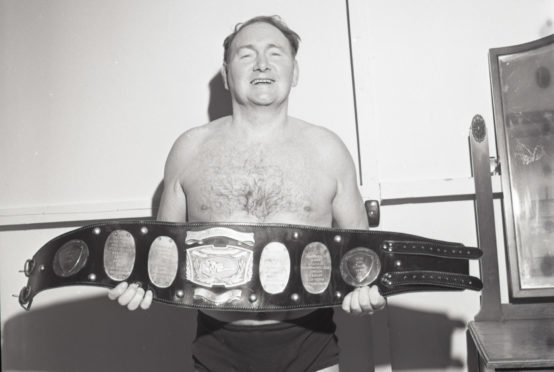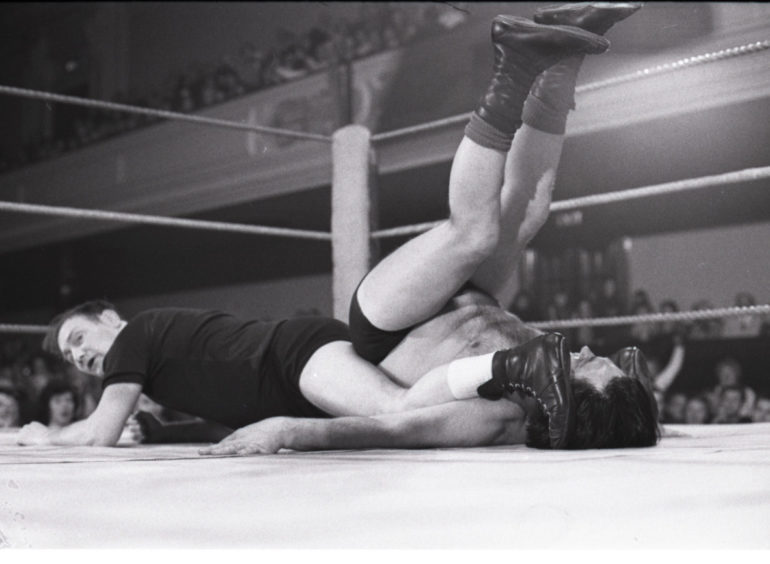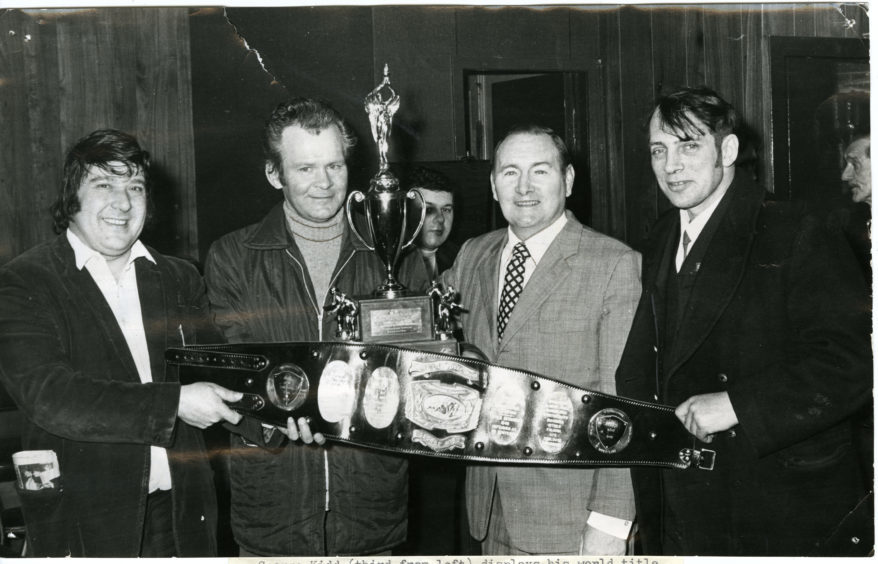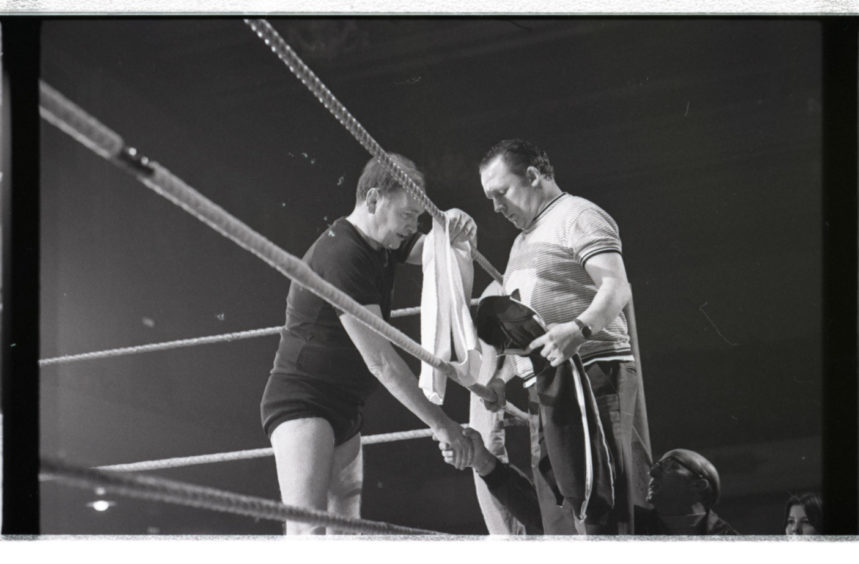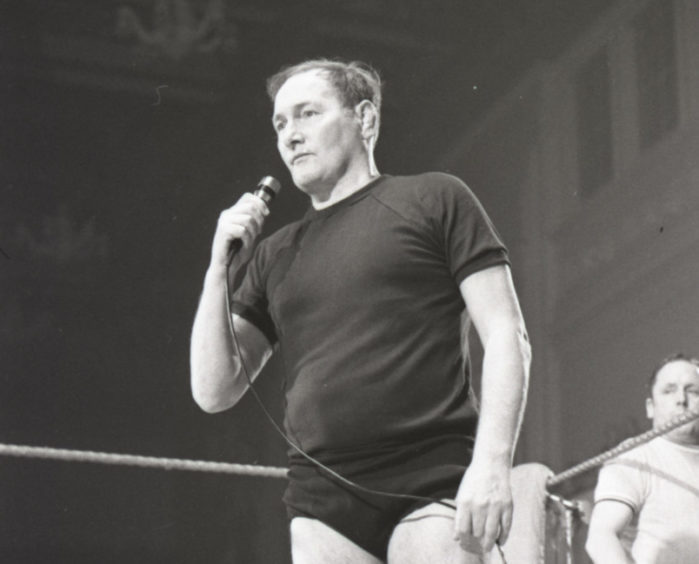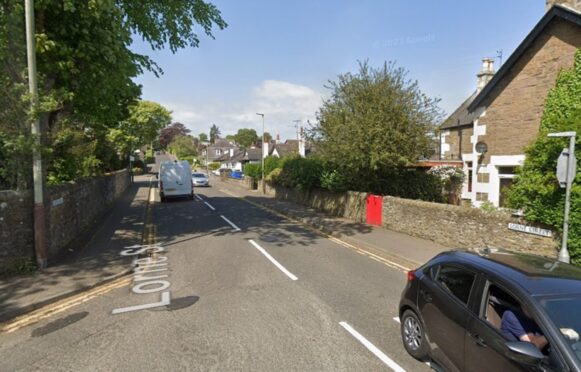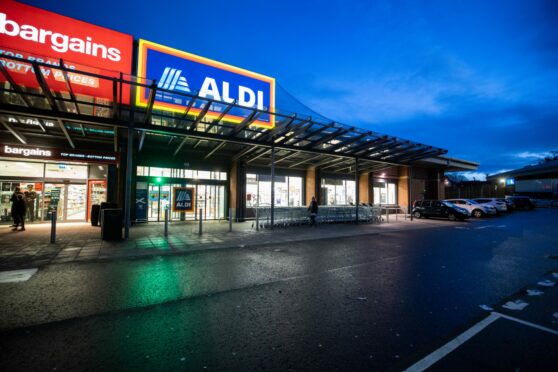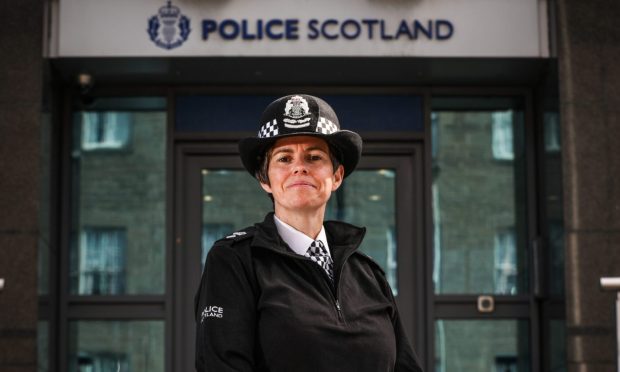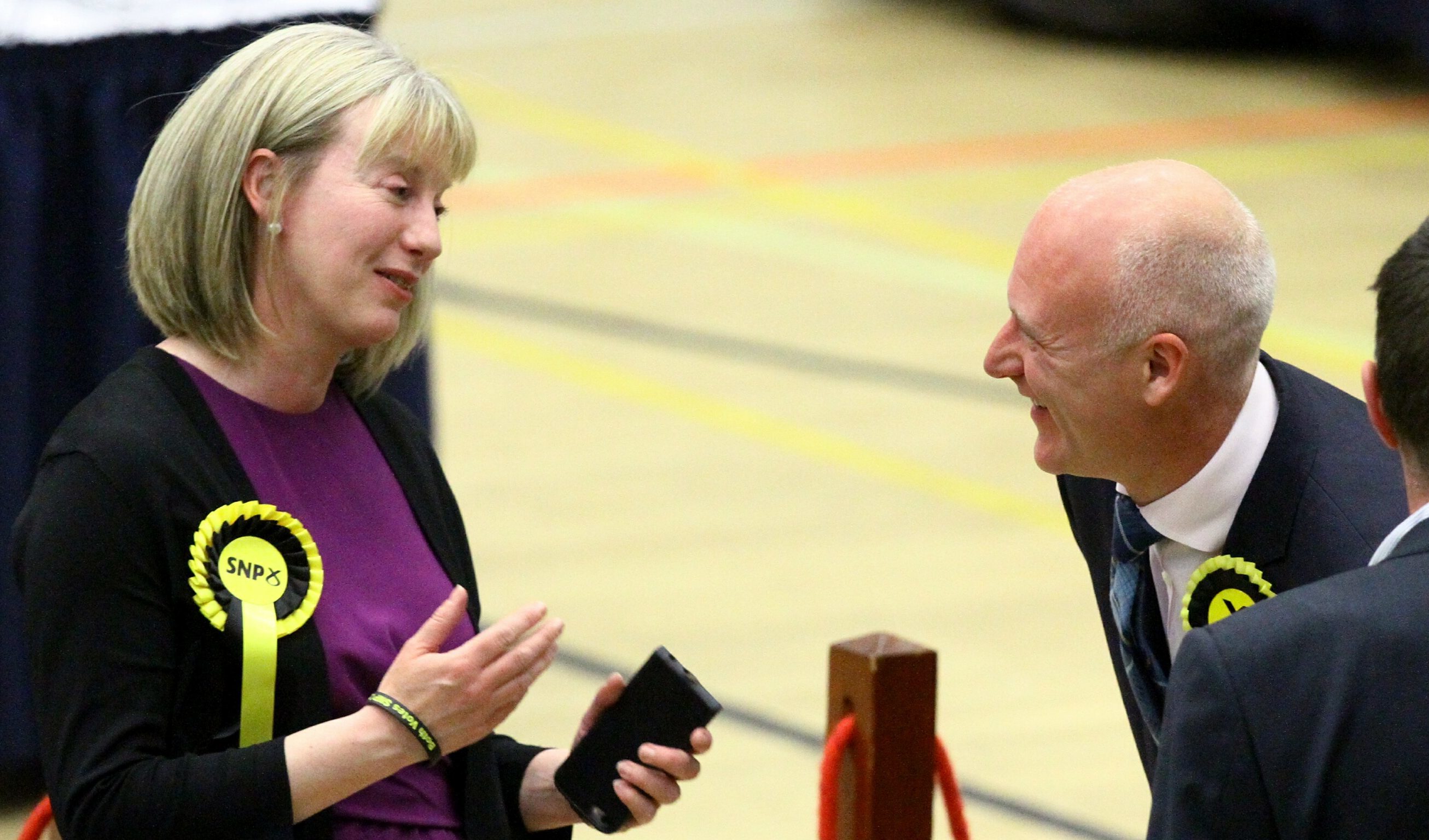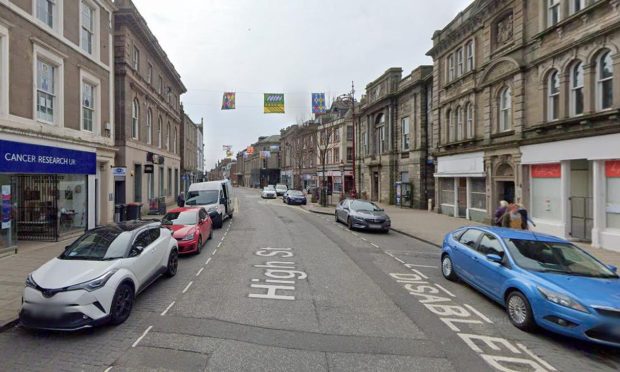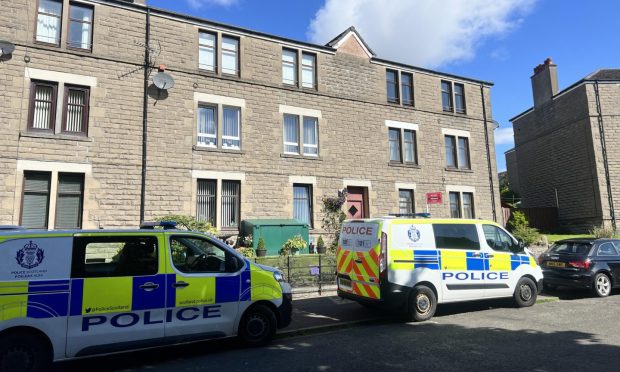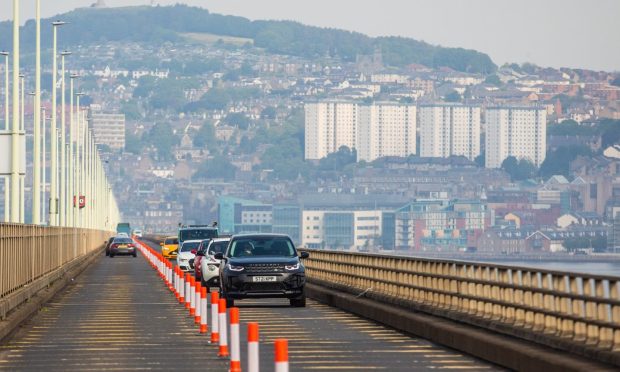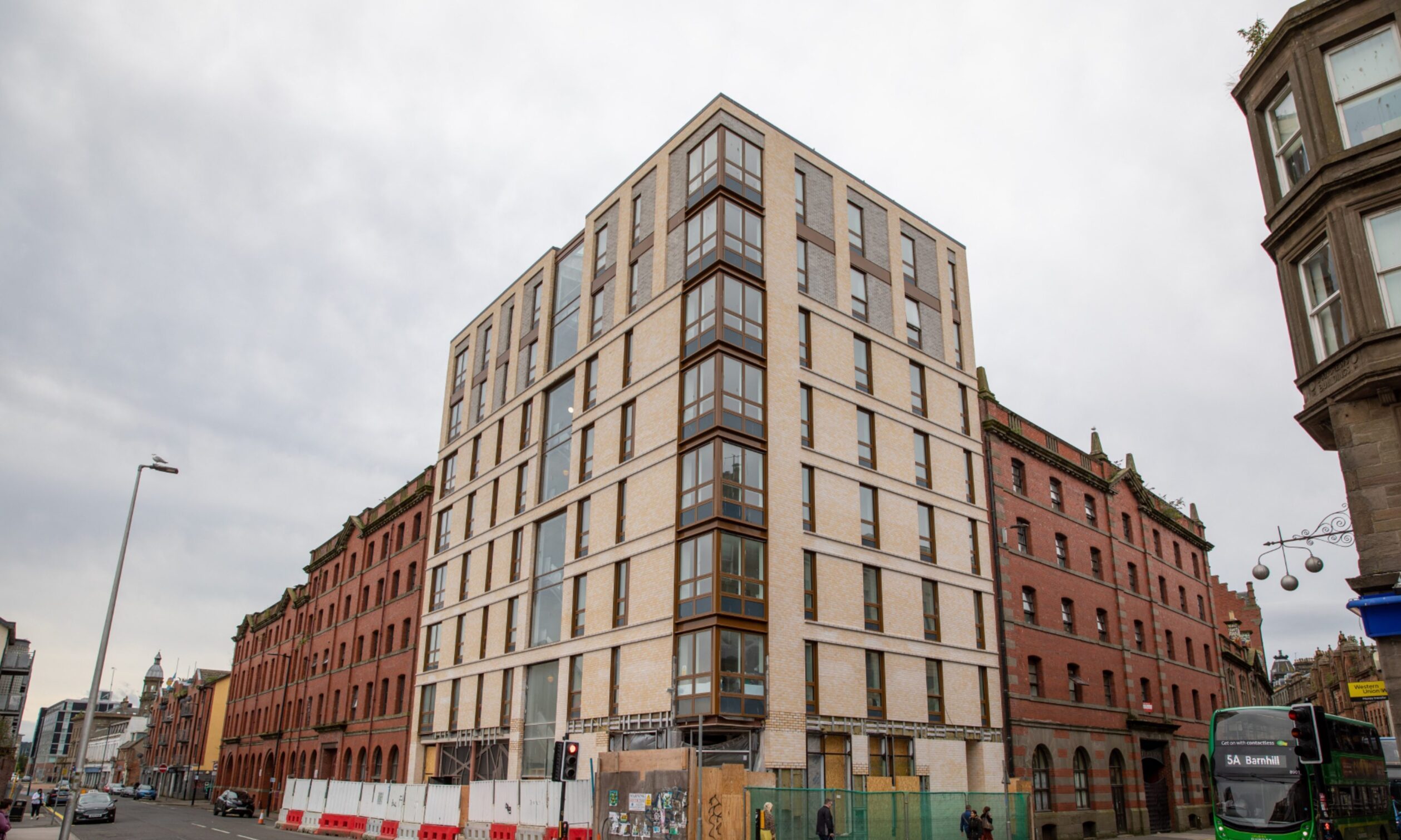The son of former Dundee world champion wrestler George Kidd has revealed that he did not want his father to go through with his final bout at the city’s Caird Hall in March 1976.
In the next episode of STV series The People’s History Show which airs on Monday April 30 at 8pm, George Kidd Jnr reveals he was concerned that two of his father’s ribs had been broken in his previous fight, and he didn’t want him to get hurt again.
However, the legendary grappler insisted on taking to the ring because he “had his fans and he felt indebted to them for supporting them for all those years”.
Born in Dundee’s Lyon Street in 1925, George rose to become light weight wrestling world champion, a title he held for 26 years after defending his title 49 times.
Since his death in January 1998 aged 72, the former Clepington Road Primary School pupil has been honoured with a plaque marking his induction to the Scottish Wrestling Hall of Fame.
The memorial detailing his achievements adorns a wall of the Caird Hall, a venue where George also had his first paid bout, and where he made a name as one of the biggest British stars in the business in a career of more than 30 years.
Next week’s programme looks back at the Dundee great – known as the “Houdini of the mat” – and features interviews with former wrestler Len Ironside, ICW star Chris Renfrew as well as George’s son.
George Kidd Jnr said: “I think (my father) was an absolutely remarkable person, a one off.
“Of that there can be no doubt. He was unique. George’s footwork in the ring was fantastic.”
Len Ironside said: “George Kidd, for those who don’t know him, is perhaps the most respected wrestler to ever come from not only Scotland but Britain. He was a world phenomenon that unified all of the world lightweight titles and made him a legend.
“He was a proud Dundonian and when he went into the wrestling arena he always represented Dundee and Scotland as well. He became a national hero.”
Glasgow Caledonia University sports historian Dr Fiona Skillen said: “He was only five foot six so quite a small guy and only about 10 stone.
“Generally wrestlers are big bulky heavy guys. So he was using different techniques to be successful. “That’s what should be celebrated that he went against popular expectation and challenged the perceptions of what a wrestler should be.”
During his lengthy career where he suffered only seven defeats in more than 1000 matches, Kidd rarely wrestled on TV because he believed that over exposure would turn the sport he loved into a pantomime.
However, he did train or influence many other accomplished pro wrestlers who would later go on to become major stars in British TV’s World of Sport era, including long-lasting lightweight champion Johnny Saint.
The original World of Sport show made stars of wrestlers Big Daddy, Giant Haystacks and Mick McManus in the 1980s.
And it was announced this week that World of Sport Wrestling is to return to British TV screens – 30 years after the Saturday staple ended.
The new 10-part series will air on ITV and recording will begin next month at Epic Studios in Norwich.
Jeff Jarrett, co-founder of Impact Wrestling and a former star of WWE wrestling, described the sport as “Shakespeare to the masses”.
